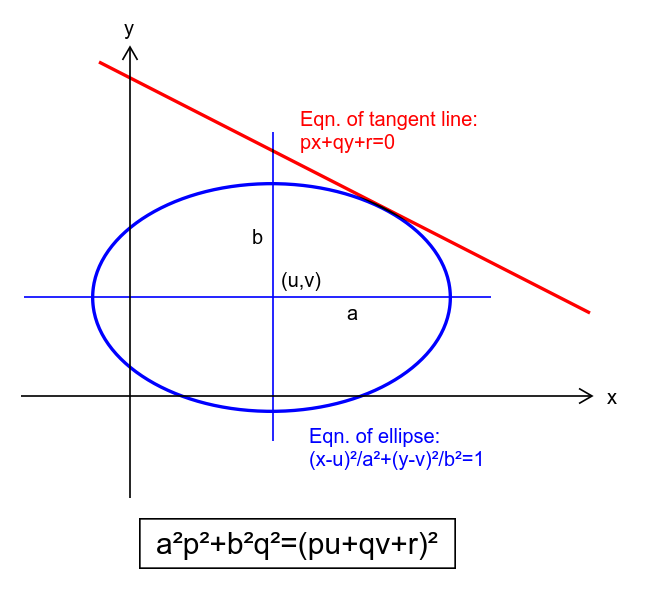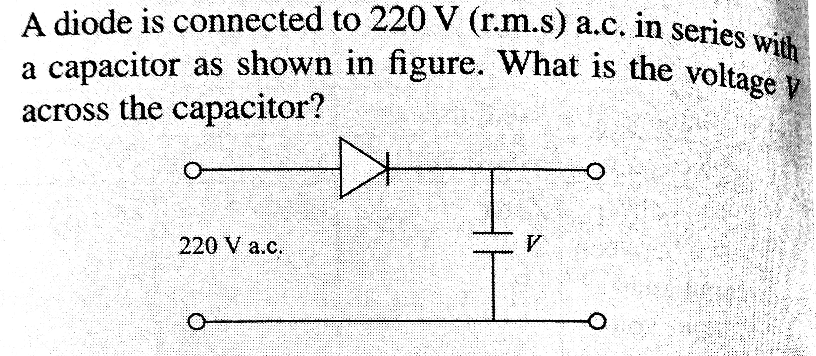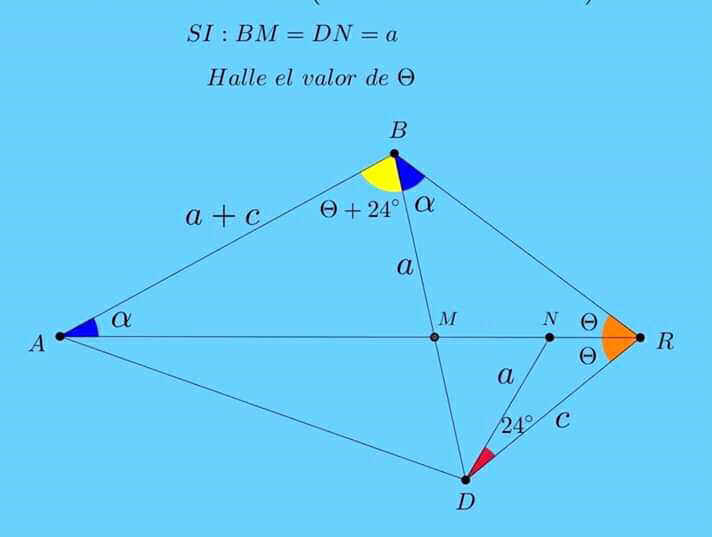
AllQuestion and Answers: Page 1609
Question Number 49202 Answers: 2 Comments: 4
Question Number 49200 Answers: 2 Comments: 1
Question Number 49197 Answers: 0 Comments: 1
Question Number 49188 Answers: 1 Comments: 1
Question Number 49187 Answers: 2 Comments: 0
Question Number 49186 Answers: 1 Comments: 4
Question Number 49183 Answers: 1 Comments: 3

Question Number 49177 Answers: 1 Comments: 0
Question Number 49169 Answers: 1 Comments: 0
Question Number 49174 Answers: 1 Comments: 1
Question Number 49151 Answers: 1 Comments: 0
Question Number 49150 Answers: 0 Comments: 0
Question Number 49148 Answers: 1 Comments: 2

Question Number 49147 Answers: 1 Comments: 0

Question Number 49144 Answers: 0 Comments: 2
Question Number 49142 Answers: 1 Comments: 0
Question Number 49134 Answers: 1 Comments: 0
$$\int\frac{\mathrm{1}}{{x}^{\mathrm{1}/\mathrm{6}} +{x}^{\mathrm{1}/\mathrm{3}} }{dx}=?? \\ $$
Question Number 49133 Answers: 1 Comments: 1
$$\int\frac{\mathrm{1}}{{x}^{\mathrm{5}} +\mathrm{1}}{dx}=?? \\ $$
Question Number 49130 Answers: 0 Comments: 0

Question Number 49129 Answers: 0 Comments: 1

Question Number 49126 Answers: 1 Comments: 1
Question Number 49123 Answers: 1 Comments: 1
Question Number 49121 Answers: 1 Comments: 0

Question Number 49118 Answers: 1 Comments: 0
Question Number 49116 Answers: 1 Comments: 2
Question Number 49112 Answers: 0 Comments: 1

Pg 1604 Pg 1605 Pg 1606 Pg 1607 Pg 1608 Pg 1609 Pg 1610 Pg 1611 Pg 1612 Pg 1613
